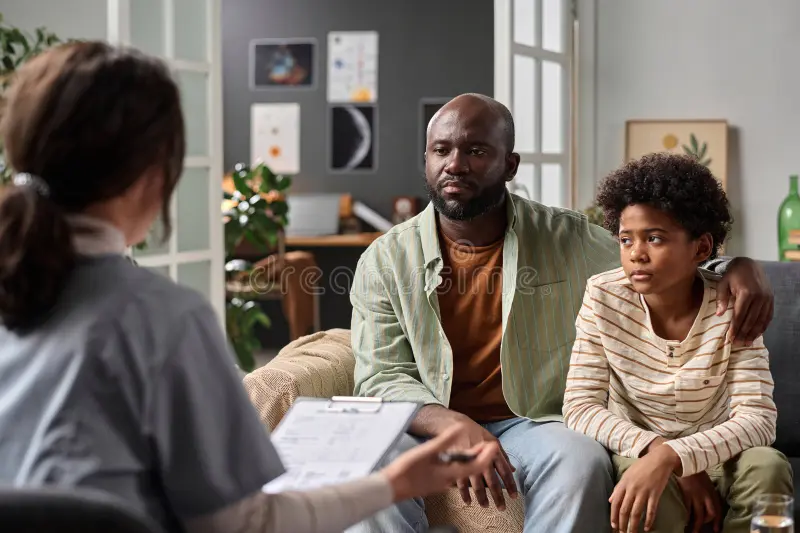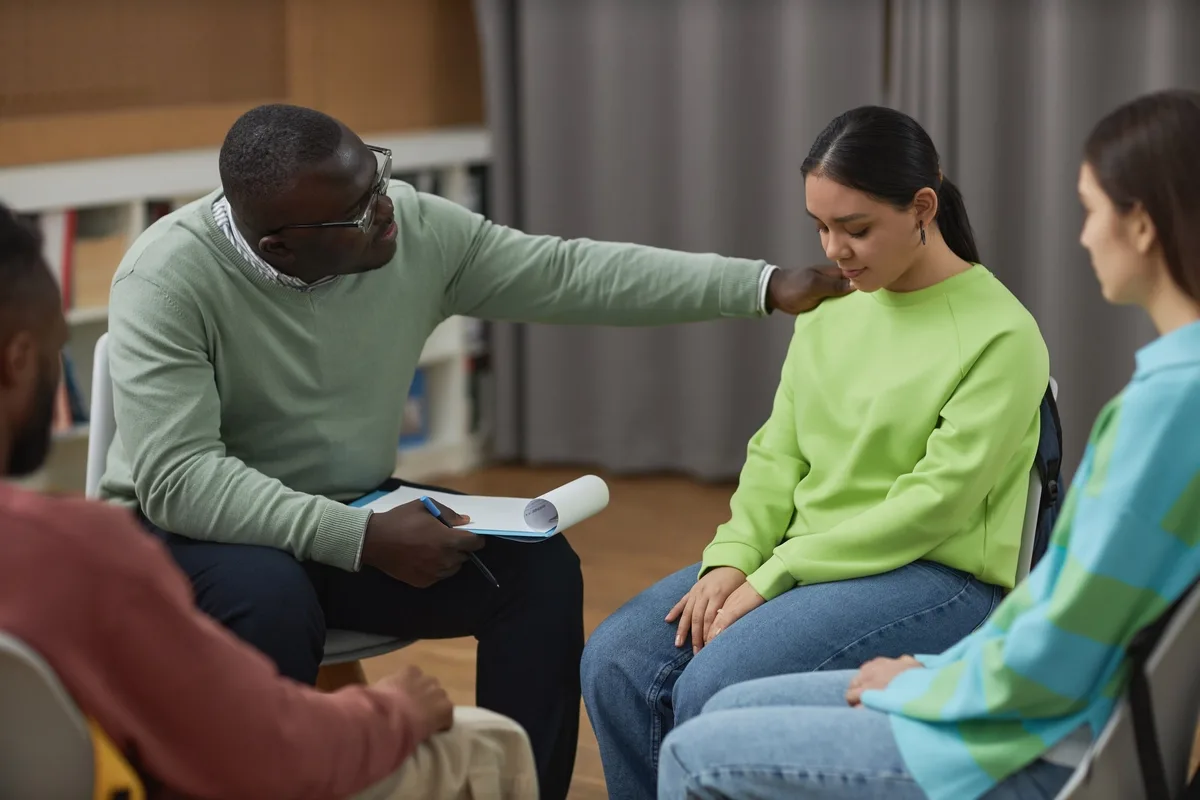24/7 Helpline:
(866) 899-221924/7 Helpline:
(866) 899-2219
Learn more about PTSD Treatment centers in United
PTSD Treatment in Other Cities

Other Insurance Options

MHNNet Behavioral Health

Ceridian

Health Choice

Molina Healthcare

Choice Care Network

Oxford

Health Partners

State Farm

Kaiser Permanente

Optum

Sliding scale payment assistance

Providence

BlueShield

Regence

Coventry Health Care

WellCare Health Plans

Lucent

Carleon

Optima

Highmark


















